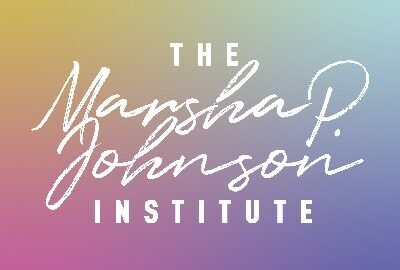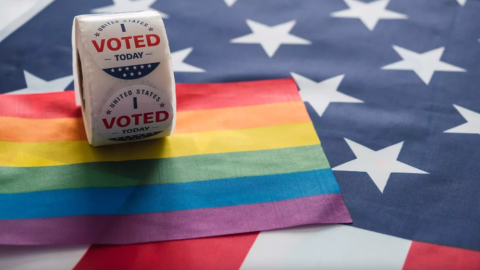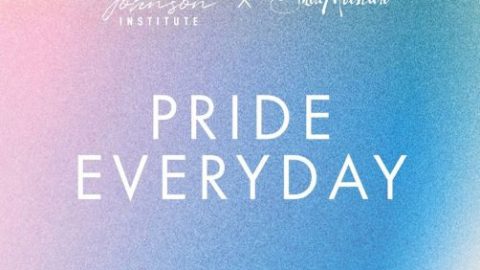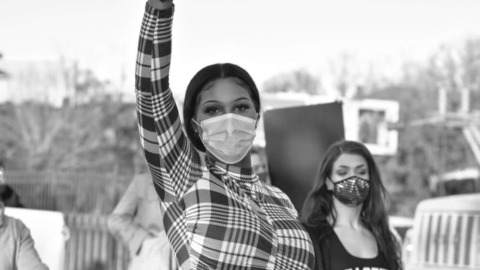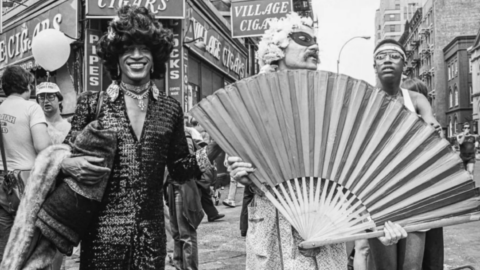By Brandie Bland | WASHINGTON – On the 34th anniversary of National Coming Out Day, LGBTQ people across the country honor the community and its fight for equality. But not everyone sees coming out as a celebration.
“Coming out is not always the best option for persons of color who already — because of our pigment on top of our identity — face discrimination, hatred and violence,” said Kimberley Bush, executive director and director of Arts and Cultural Programs at the DC Center for the LGBT Community.
The first National Coming Out Day was in 1988. Psychologist Robert Eichberg and gay rights activist Jean O’Leary, both of whom were openly queer and white, created the holiday.
In the U.S., being queer — and what that might look like — often centers whiteness. For many, the term “coming out” continues to center whiteness as the norm for LGBTQ identities.
David Johns, executive director of the National Black Justice Coalition said, “usually the narrative and the images revolve around white folks that sit down with their families and have maybe an uncomfortable conversation, but at some point they celebrate them. Those folks move to gayborhoods like Hollywood, Calif., or Chelsea, N.Y., or Boystown, Chicago. And then they get to join associations around their LGBTQ+ identities that also give them access to forms of capital and privilege that most Black folks don’t get to benefit from.”


